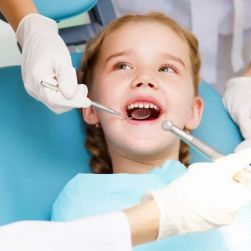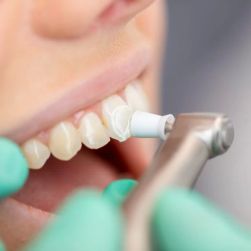How to Manage Oral Health in Seniors with Limited Mobility
Managing oral health in seniors with limited mobility presents unique challenges that require specialized attention and care strategies. According to recent statistics from the American Dental Association, approximately 30% of adults aged 65 and older face significant barriers to maintaining proper oral hygiene due to mobility limitations. At Dentistry Toothtruth, we understand these challenges and aim to provide comprehensive solutions for seniors and their caregivers.
Understanding the Challenges
Limited mobility can significantly impact a senior's ability to maintain proper oral hygiene. Common challenges include:
- Difficulty holding and manipulating traditional dental care tools
- Reduced ability to reach the bathroom sink
- Challenges with maintaining proper positioning for oral care
- Fatigue during oral care routines
- Coordination issues affecting cleaning effectiveness
Essential Adaptive Equipment and Tools
Modern dental care technology offers numerous solutions for seniors with limited mobility:
- Electric toothbrushes with enlarged handles
- Water flossers with easy-grip designs
- Toothbrush holders and stabilizers
- Suction devices for those with swallowing difficulties
- Modified dental picks and floss holders
Creating an Accessible Oral Care Environment
Adapting the bathroom environment is crucial for successful oral care management:
- Install grab bars near the sink
- Use wheelchair-accessible sinks
- Ensure proper lighting
- Organize supplies within easy reach
- Consider portable dental care stations
Role of Caregivers in Oral Health Management
Caregivers play a vital role in supporting seniors with limited mobility. Professional training and regular assessment of oral health needs are essential components of comprehensive care. The team at Dentistry Toothtruth recommends establishing clear communication protocols and maintaining detailed care records.
Professional Dental Care Considerations
Regular professional dental care remains crucial for seniors with limited mobility. Consider:
- Mobile dental services
- Transportation assistance programs
- Specialized geriatric dental practices
- Coordination with medical providers
- Regular preventive care schedules
Conclusion
Managing oral health in seniors with limited mobility requires a comprehensive approach combining appropriate tools, environmental modifications, and professional support. Through proper planning and implementation of these strategies, seniors can maintain good oral health despite mobility challenges. For more detailed information and resources, visit Dentistry Toothtruth or consult with a dental care professional specializing in geriatric care.






